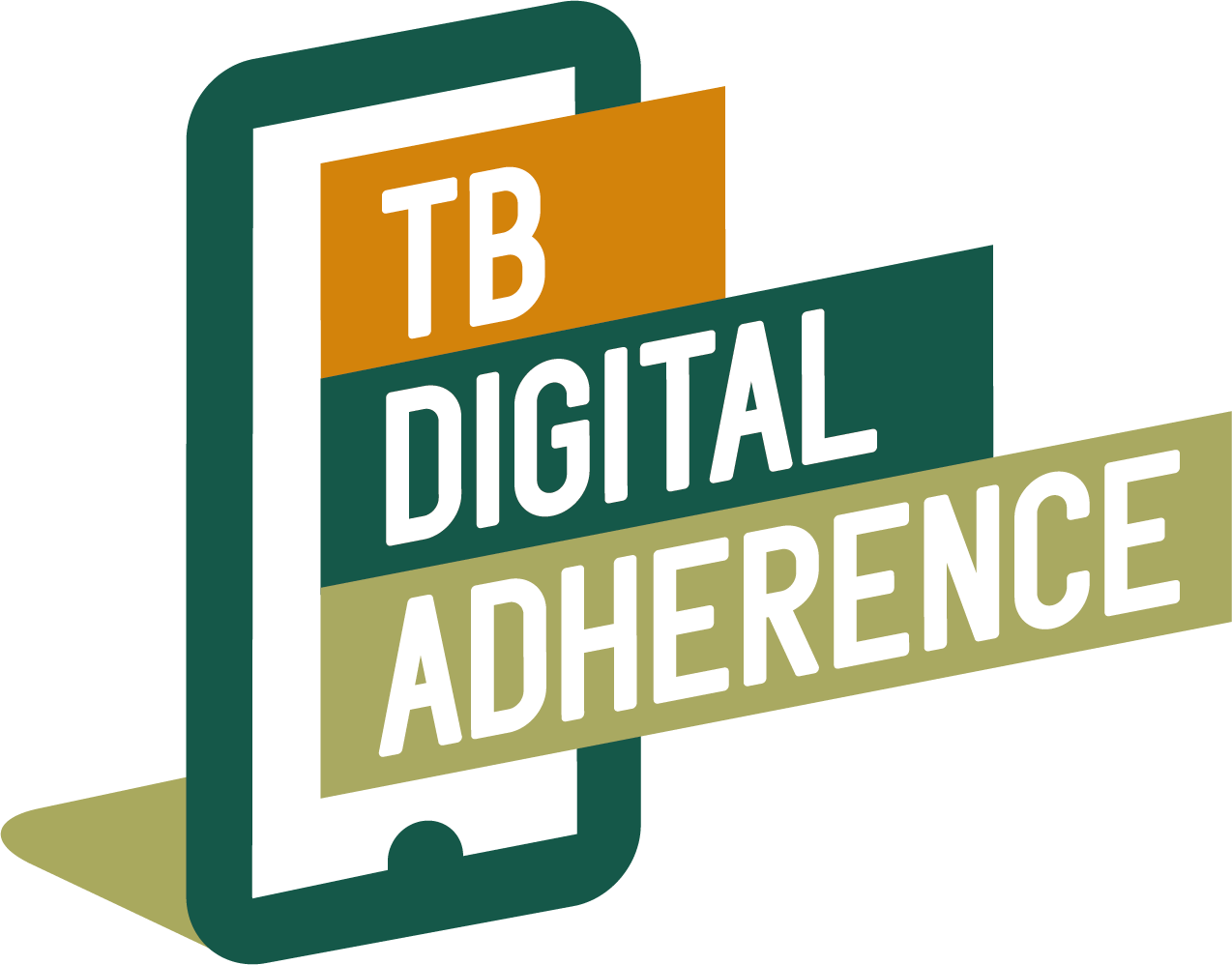Smart Dispensers: the role of STAMP in TB Treatment
The use of Digital Adherence Technologies (DATs) to what it is now known has seen amazing technological developments throughout the years. Through our work we have seen how mobile based follow-up tools and smart pill boxes integrated within a remote adherence platform have made tuberculosis (TB) treatment easier to complete. However, it is crucial to note that to date no single digital solution has been found to be universally impactful.
Recently, our team had the opportunity to connect with a group of medical device innovators in India, Sundaram Medical Devices (SMD), who introduced us to their cutting-edge medication dose dispenser – STAMP (Support for Treatment Adherence and Medication Protocol). Similar to the already known Smart Pill Box, STAMP supports people with TB (PwTB) in their treatment adherence journey.
ABOUT STAMP
On the user front, the device rings an alarm at the designated dosage time, offering a user-friendly experience: a simple button press dispenses medication. Simultaneously, a signal is transmitted to a remote server, which not only securely collects this data but also translates it into actionable insights at various levels (healthcare worker, PwTB, program manager). See video below.
What else does Stamp have to offer?
Besides the previously noted features, STAMP follows a protocol of action that, when the user makes no use of the device, it does not precisely require healthcare workers input in the initial stages. Automated actions are triggered during the first hours of a missed dose, in the form of an SMS sent to the users’ mobile phone or a pre-recorded voice reminder. Furthermore, the practical information resulting from the usage of the device, such as adherence rates and follow-up appointments, can be securely accessed by the person with TB via the STAMP website. This characteristic multifunctionality of STAMP is crafted to support PwTB in sustaining ownership of their treatment journey.
Is it portable?
Notably, STAMP boasts a versatile design, available in three different shapes to cater to contextual needs: camouflaged, ultra-portable and high-capacity. In 2019, the WHO-led Joint Monitoring Mission recommended the procurement and validation of STAMP for improved Drug Sensitive TB treatment adherence, and it has already been put to test in certain regions in India.
STAMP is one of many digital supporting options for TB treatment adherence, and we encourage National Tuberculosis Programs to explore this technology, alongside others, as a viable option, considering its potential to leverage person-centeredness, treatment adherence, access to information, and monitoring and evaluation of strategies.
Front and foremost, the evaluation and choice of digital adherence technologies is to ensure that the technology meets the needs of the end user, encompassing both the persons under TB treatment as well as the healthcare providers. This calls for interventions that are integrated within the TB care cascade and thought to adapt structurally to the healthcare system and its capacity.
Learn more about STAMP by Sundaram Medical Devices HERE.
